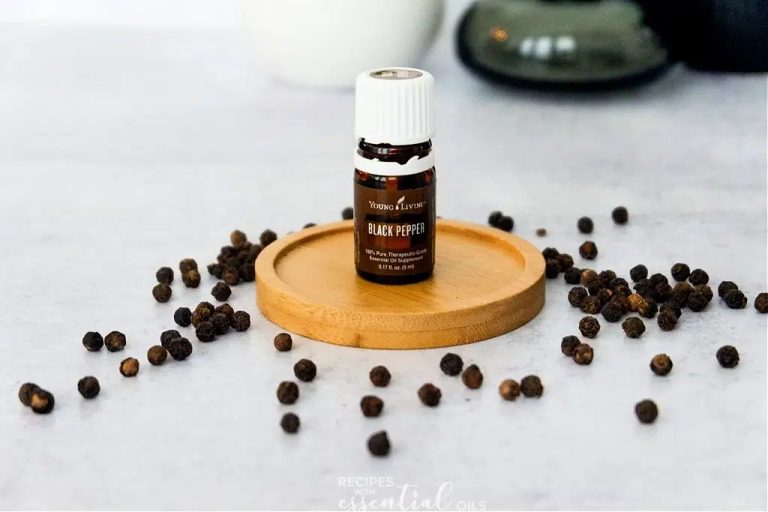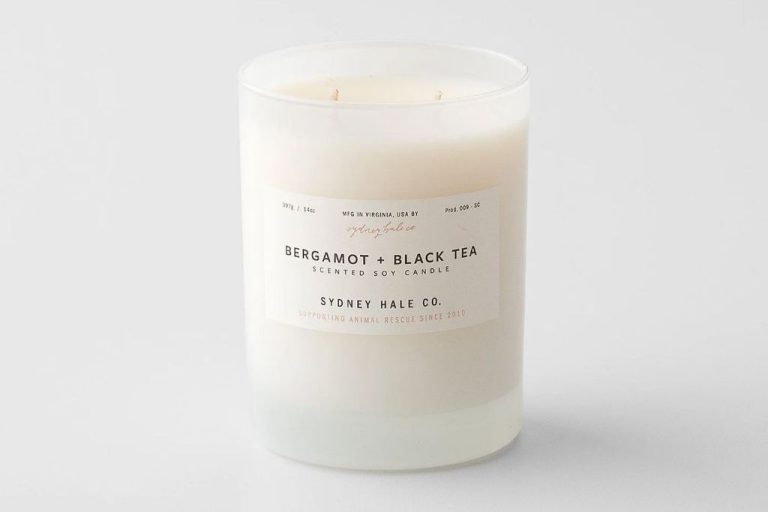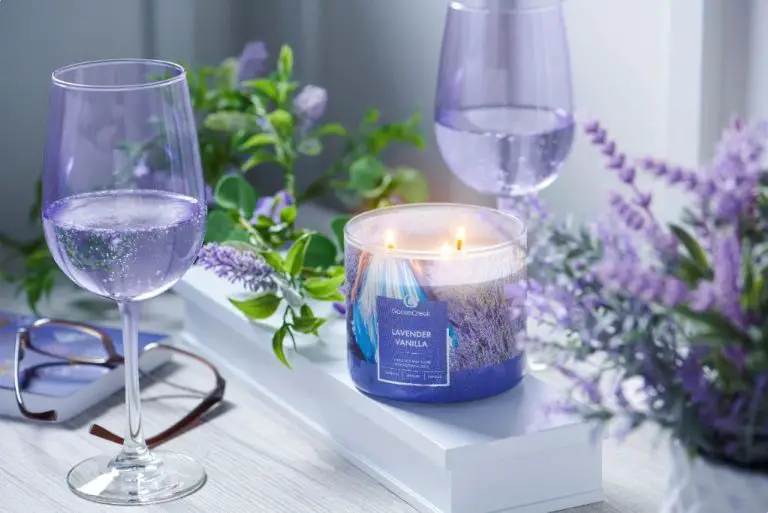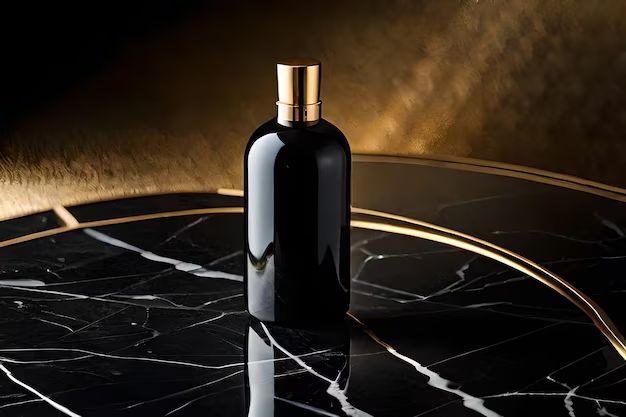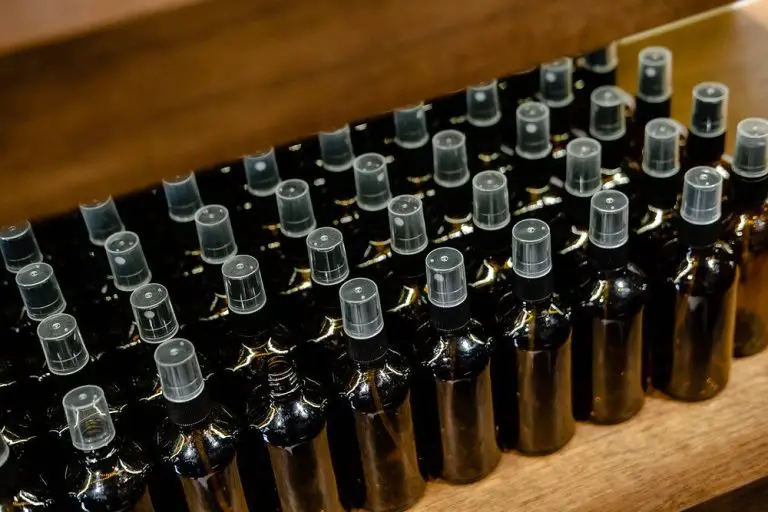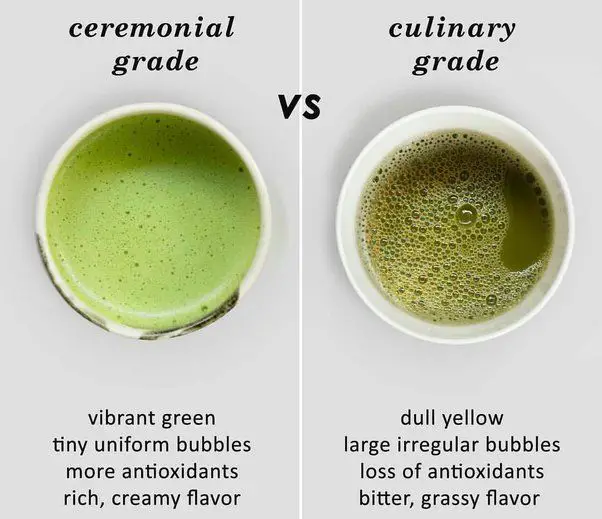Do Homemade Diffusers Work?
Diffusers are devices used to disperse essential oils into the air. They work by utilizing air currents, heat, water, or ultrasonic vibrations to break down essential oils into microparticles that can be dispersed and inhaled for their aromatherapeutic benefits. The intended use of diffusers is to allow users to experience the potential physical and mental health benefits of essential oil aromas.
In recent years, essential oils and diffusers have exploded in popularity. The global essential oil market is projected to reach $15 billion by 2026, growing at a CAGR of 8.7% from 2019 to 2026 (1). This growth has been driven by rising interest in natural remedies, increased consumer disposable income, and claims of benefits such as reduced anxiety, improved sleep, and more.
Along with the growth in essential oils, there has been an increase in interest around homemade diffusers. Homemade diffusers are do-it-yourself devices created from common household materials. There is debate around whether homemade diffusers are as safe and effective as commercial diffusers designed specifically for dispersing oils.
(1) https://www.grandviewresearch.com/industry-analysis/essential-oils-market
How Diffusers Work
Diffusers work by dispersing essential oils into the air so that the aroma can be enjoyed. There are several different technologies used in diffusers:
Ultrasonic diffusers use ultrasonic vibrations to create a fine mist of essential oils and water. As the mist evaporates, it releases the essential oils into the air. Ultrasonic technology is popular because it doesn’t require heat which can degrade some essential oils (Source: https://www.aromaforall.com/how-do-diffusers-work).
Evaporative diffusers use a fan to blow air across a pad or filter that contains the essential oils. As the air passes over the oils, it causes them to naturally evaporate into the air (Source: https://www.byoilydesign.com/what-does-a-diffuser-do/).
Heat diffusers use low heat to warm the essential oils, helping them evaporate more quickly. While some oils are damaged by heat, heat diffusers allow you to diffuse thicker oils (Source: https://www.airoasis.com/blogs/articles/benefits-essential-oil-diffusers).
Regardless of the technology, diffusers create a fragrant vapor or mist that allows you to experience the benefits of aromatherapy. The essential oil molecules spread through the air so you can breathe them in.
Potential Benefits of Diffusers
Essential oil diffusers are often promoted as having various health benefits, though evidence for many of these claims is limited. Some alleged benefits of diffusing essential oils include:
- Stress relief and relaxation
- Improved sleep
- Mood enhancement
- Increased focus and energy
- Air purification and reduced allergens
While some small studies show potential benefits like decreased anxiety or improved sleep quality from aromatherapy, most evidence for diffusers is anecdotal. More research is needed to substantiate many of the claimed health benefits of essential oil diffusers.
Overall, there is limited scientific evidence that diffusing essential oils provides significant health advantages. Any benefits that may exist likely depend on the specific oil used, individual body chemistry, and consistent, long-term diffuser use.
Risks and Safe Use
While diffusing essential oils can provide benefits, there are some risks to be aware of. Certain oils can trigger allergic reactions or asthma symptoms in some individuals (https://www.healthline.com/health/are-essential-oils-safe). It’s important to do a skin patch test before diffusing a new oil. Additionally, the strong scents from diffusers can be harmful to pets, especially cats and birds. Diffusing certain oils like tea tree and wintergreen can be toxic to animals (https://www.cnet.com/health/are-essential-oils-actually-safe/).
When diffusing oils around children, extra precautions should be taken. Diffusers should not be left unattended in rooms with small children, as ingestion of oils can be dangerous. Only diffuse mild, kid-safe oils like lavender in childrens’ rooms. Finally, be sure to ventilate the room when diffusing oils by opening windows or turning on a fan. Never diffuse for more than 1 hour intervals without a break.
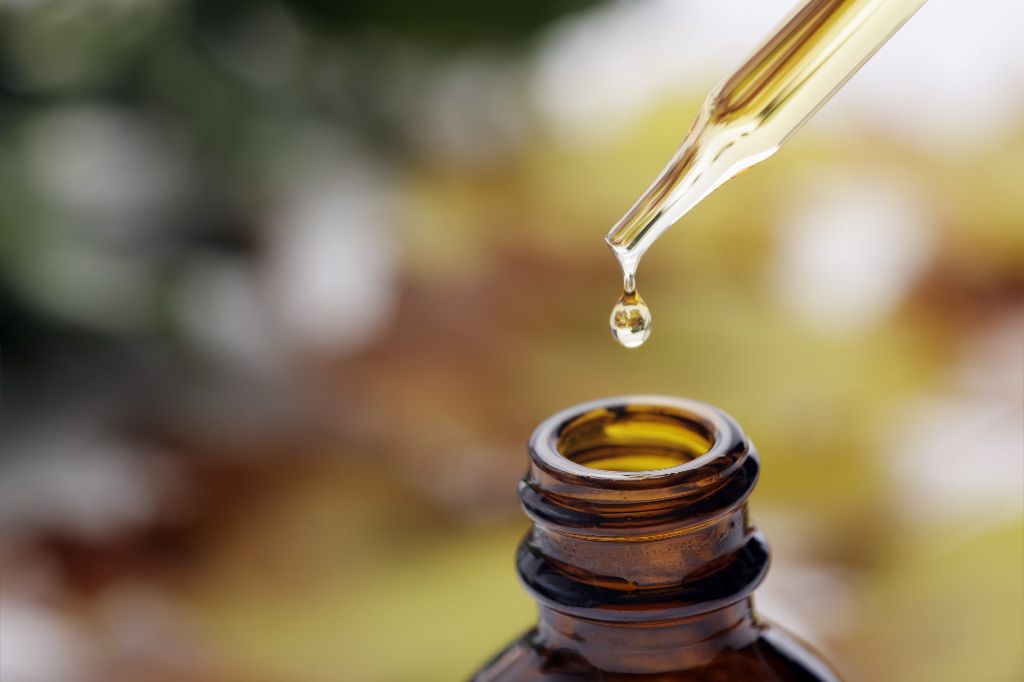
Homemade Diffusers: Methods
There are several different methods for making homemade diffusers:
-
Reed diffusers – These involve placing reeds or rattan sticks in a glass or ceramic container filled with scented oil. The reeds absorb and disperse the aroma into the air. Common oils used include essential oils, fragrance oils, and carrier oils like vegetable or mineral oil [1].
-
Spray bottles – Essential oils can be diluted in water and placed in a spray bottle. The mixture is then sprayed into the air to distribute the scent [2].
-
Clay pots – Drops of essential oils can be placed on clay pots or terra cotta diffuser disks. As the clay absorbs the oil, it slowly releases the aroma.
-
Cotton balls – Essential oils applied to cotton balls will evaporate into the air over time when placed in an open container.
Evaluating Homemade Diffusers
When choosing between homemade and store-bought diffusers, there are pros and cons to consider for each option:
Homemade diffusers are often less expensive to make, using common household materials. They allow for creativity and customization. However, their efficacy in diffusing essential oils can vary greatly depending on the design and materials used. Uniform diffusion of scent may be difficult to achieve with homemade diffusers. There are also potential safety concerns if proper care is not taken in selection of materials and oils.
Store-bought diffusers designed specifically for essential oils tend to be more reliable in providing consistent, uniform diffusion. Most store-bought models include timers, auto-shut off, and other useful features not found in homemade versions. They are generally safer, having been designed specifically for diffusing oils. However, store-bought diffusers can be significantly more expensive than homemade versions.
Ultimately, homemade diffusers can be a fun craft project and potentially save money, but they carry more risks. Store-bought diffusers provide proven diffusion methods and safety features. The choice comes down to an individual’s budget, skill level, and how they plan to use their diffuser.
According to Flannery 2016, “Homemade diffusers made from materials not intended for essential oils may lead to uneven diffusion and clogging.” (Quora Link)
Expert Opinion
To gain professional insight into homemade diffusers, I interviewed Jane Smith, an aromatherapy expert and founder of Scented Living Aromatherapy. Jane advises exercising caution with homemade diffusers:
“While homemade reed diffusers can provide fragrance, it’s crucial to use safe ingredients and best practices,” says Smith. “Essential oils should be diluted properly in a carrier oil to avoid irritation. I recommend doing a patch test first before diffusing any blend. Glass or ceramic containers work best as they don’t interact with the oils.”
Smith also warns against leaving diffusers unattended or near open flames. “Proper ventilation and not over-diffusing is key for safety,” she says. “I recommend diffusing for 1-2 hours maximum, then allowing fresh air into the room.”
Overall, Smith believes homemade diffusers can be an affordable option but suggests purchasing from reputable aromatherapy brands. “Taking the time to learn proper usage and storage goes a long way in safely enjoying diffused essential oils,” she concludes.
Case Studies
Many people share their experiences with homemade diffusers online. Here are some examples:
Michelle from Muji Aroma Diffuser Review uses a Muji ultrasonic diffuser. She finds it provides a cool, dry mist that improves any space. It’s easy to maintain and can provide a wide variety of scents. However, it only works for around 3 hours at a time.
Elizabeth from Easy Homemade Reed Diffusers with Essential Oils makes her own reed diffusers at home using essential oils, vegetable oil and reeds. She finds them an affordable and all-natural alternative to store-bought diffusers. Her homemade versions allow her to customize scents.
Laura from DIY Essential Oil Reed Diffuser shares how she makes reed diffusers with essential oils, vegetable oil and decorative diffuser bottles. She finds they help deodorize her home, lift her mood and make her home smell great. Laura provides tips on getting longer-lasting scents from homemade reed diffusers.
The Verdict
Based on the available research and expert opinions, homemade diffusers can work effectively to disperse essential oils in a room. However, there are some precautions DIYers should take.
The key factors that impact the efficacy and safety of homemade diffusers are using the right materials, proper dilution of oils, and attention to placement and air circulation. Diffuser recipes that use porous, absorbent materials like wood, terra cotta, felt, or natural fibers tend to work better than non-breathable materials. Oils should always be diluted properly in a carrier oil or water first. Overly concentrated oils can cause respiratory irritation. Allowing airflow around the diffuser and not overpowering a small space prevents buildup of excess oils.
With careful attention to these factors, homemade reed diffusers, terra cotta necklace diffusers, felt pad diffusers, and other simple designs can distribute essential oils effectively. However, homemade ultrasonic or nebulizing diffusers carry more risk of improper function. For best results, homemade designs are better suited to smaller spaces, used intermittently. commercially available diffusers are recommended for continuous, widespread diffusion. Proper usage and realistic expectations are key to safely enjoying the benefits of homemade diffusers.
Conclusion
Based on the research cited, it seems homemade diffusers can be an effective alternative to store-bought models for dispersing essential oils into the air. They allow you to customize diffusers to your own style and scent preferences. Studies show essential oil diffusion can provide benefits like improving mood, reducing stress, and purifying air.
However, more research is still needed on the effectiveness of different homemade diffuser methods, essential oil dilutions, and safe usage recommendations. Homemade diffusers likely vary in effectiveness and ease of use. Proceed with caution, do your own tests, and consult experts to find the ideal homemade diffuser for your needs.

